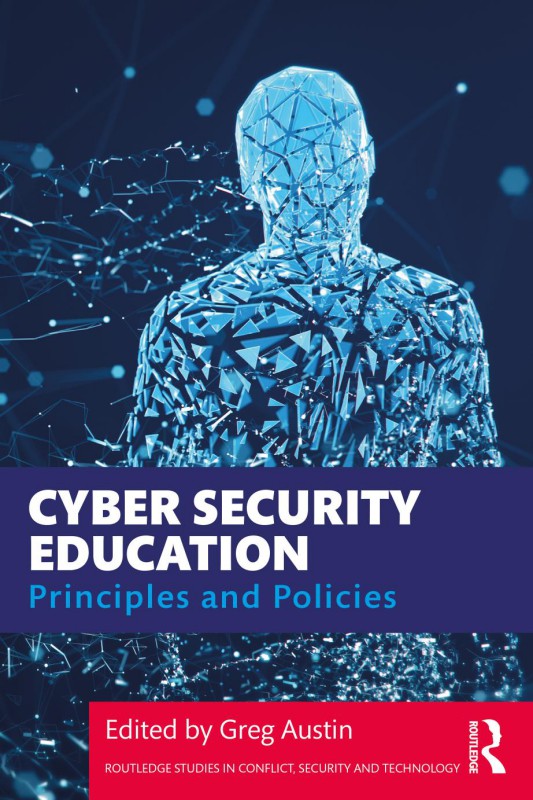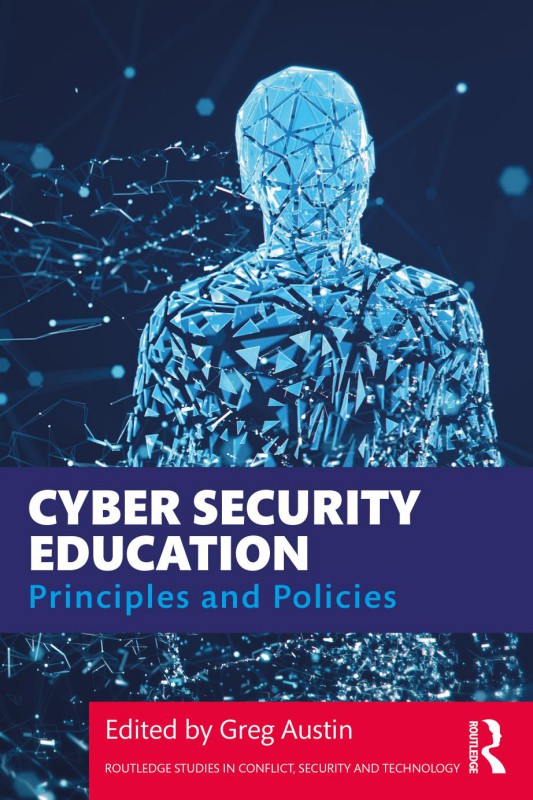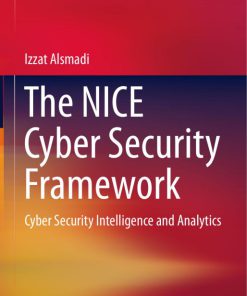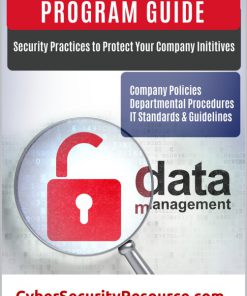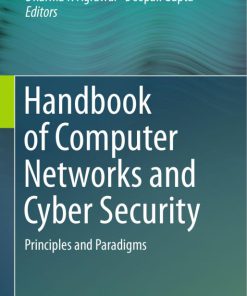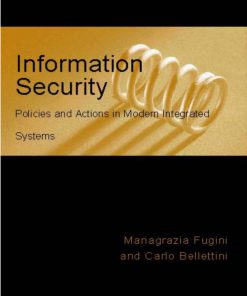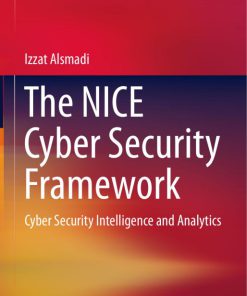Cyber Security Education Principles and Policies 1st edition by Greg Austin ISBN B08CS3S72P 978-0367421915
Original price was: $50.00.$25.00Current price is: $25.00.
Authors:Greg Austin , Series:Cyber Security [339] , Author sort:Austin, Greg , Ids:DOI , Published:Published:Apr 2021 , Publisher:Routledge , Comments:Comments:This book investigates the goals and policy aspects of cyber security education in thelight of escalating technical, social and geopolitical challenges.The past ten years have seen a tectonic shift in the significance of cyber securityeducation. Once the preserve of small groups of dedicated educators and industryprofessionals, the subject is now on the frontlines of geopolitical confrontation andbusiness strategy. Global shortages of talent have created pressures on corporate andnational policy for workforce development. Cyber Security Education offers anupdated approach to the subject as we enter the next decade of technological disruptionand political threats. The contributors include scholars and educationpractitioners from leading research and education centres in Europe, NorthAmerica and Australia. This book provides essential reference points for educationpolicy on the new social terrain of security in cyberspace and aims to repositionglobal debates on what education for security in cyberspace can and should mean.This book will be of interest to students of cyber security, cyber education,international security and public policy generally, as well as practitioners andpolicy-makers.

